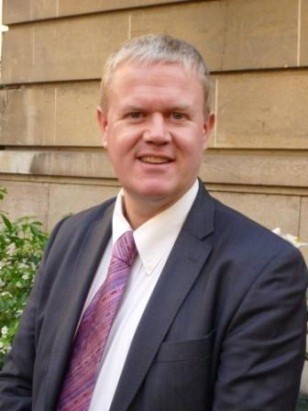Mark Pearson

Mark Pearson is Deputy Director of Employment, Labour and Social Affairs at the Organisation for Economic Co-operation and Development (OECD).
Prior to 2014, he was Head of the Health Division where he helped countries to improve their health systems by providing internationally comparable data, state-of-the-art analysis and appropriate policy recommendations on a wide range of health policies. Major current work of the Division is on the economics of preventing obesity; comparisons of the prices of health care goods and services; assessing long-term care policies; trends in health spending; expanding health coverage; co-ordination of care; pay-for-performance; use of evidence in health care; the migration of the health-care workforce; health care quality indicators; measuring health care outcomes, outputs and inputs; and health and ICTs. Key publications resulting from the work he has managed include OECD Health at a Glance and Achieving Better Value for Money in Health Care, as well as The Economics of Prevention: Fit not Fat.
Mark gave evidence to the US Senate on health reform during their recent deliberations. Prior to this, he headed up work on social policies at the OECD for many years, giving policy advice to governments on how best to integrate income transfers with social and employment services. Mark has written a number of books for the OECD, including Growing Unequal?; Making Work Pay; the Caring World; a series of studies of social assistance policies (The Battle against Exclusion), and of family policies (Babies and Bosses). He initiated the renewal of the OECD social indicators programme (Society at a Glance) and designed frameworks for international monitoring of benefit policies (Benefits and Wages) and pensions (Pensions at a Glance). He initiated a cross-cutting initiative on gender statistics and gender policies across the OECD. He has written a number of other books on tax policies, environmental policies and education and work, and journal articles on all the above topics as well as disability policies, the relationship between inequality and growth, projections of health and social expenditures and the interactions between tax and benefit systems.
Before moving to Paris, he was employed by the Institute for Fiscal Studies in London, and he has been a consultant for the World Bank, the IMF and the European Commission




